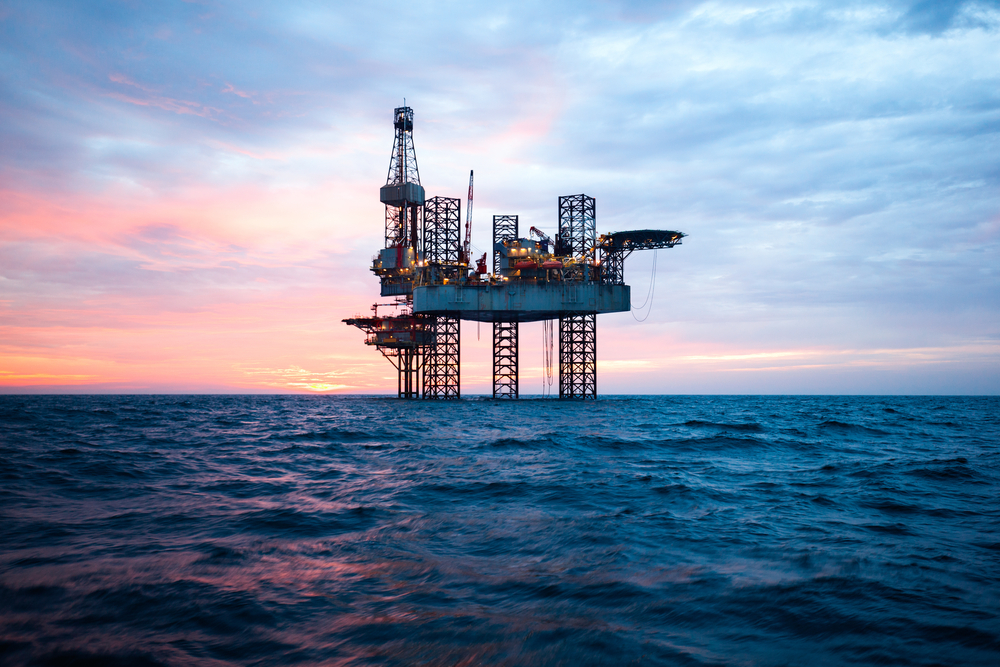
.jpg)
This course is an introductory class to the chemical and petrochemical industries for the non-technical audience, which focuses on the main processes, terms, and operations of the industry. They will acquire a general knowledge of the processes of chemical production, the relevant technologies, and the place of this industry in the world economy.
| City | Start Date | End Date | Fees | Register | Enquire | Download |
|---|---|---|---|---|---|---|
| London | 23-06-2025 | 27-06-2025 | 6200 $ | Register | Enquire | |
| Amsterdam | 07-07-2025 | 11-07-2025 | 6200 $ | Register | Enquire | |
| London | 14-07-2025 | 18-07-2025 | 6200 $ | Register | Enquire | |
| Casablanca | 21-07-2025 | 25-07-2025 | 4950 $ | Register | Enquire | |
| London | 04-08-2025 | 08-08-2025 | 6200 $ | Register | Enquire | |
| Casablanca | 11-08-2025 | 15-08-2025 | 4950 $ | Register | Enquire | |
| Dubai | 18-08-2025 | 22-08-2025 | 4300 $ | Register | Enquire | |
| Kuala Lumpur | 25-08-2025 | 29-08-2025 | 4950 $ | Register | Enquire | |
| Amsterdam | 01-09-2025 | 05-09-2025 | 6200 $ | Register | Enquire | |
| Casablanca | 08-09-2025 | 12-09-2025 | 4950 $ | Register | Enquire | |
| Bali | 15-09-2025 | 19-09-2025 | 4950 $ | Register | Enquire | |
| Krakow | 22-09-2025 | 26-09-2025 | 6200 $ | Register | Enquire | |
| Geneva | 06-10-2025 | 10-10-2025 | 5600 $ | Register | Enquire | |
| Cairo | 13-10-2025 | 17-10-2025 | 3950 $ | Register | Enquire | |
| Sharm El Sheikh | 20-10-2025 | 24-10-2025 | 3950 $ | Register | Enquire | |
| Krakow | 27-10-2025 | 31-10-2025 | 6200 $ | Register | Enquire | |
| Amsterdam | 03-11-2025 | 07-11-2025 | 6200 $ | Register | Enquire | |
| Casablanca | 10-11-2025 | 14-11-2025 | 4950 $ | Register | Enquire | |
| Cairo | 17-11-2025 | 21-11-2025 | 3950 $ | Register | Enquire | |
| London | 24-11-2025 | 28-11-2025 | 6200 $ | Register | Enquire | |
| Kuala Lumpur | 01-12-2025 | 05-12-2025 | 4950 $ | Register | Enquire | |
| Vienna | 08-12-2025 | 12-12-2025 | 6200 $ | Register | Enquire | |
| Dubai | 15-12-2025 | 19-12-2025 | 4300 $ | Register | Enquire | |
| Amsterdam | 29-12-2025 | 02-01-2026 | 6200 $ | Register | Enquire |
This course tackles the technical aspects of the chemical and petrochemicals industries for those who do not have a technical background, with particular emphasis on the basics of Carbon-based Organic Chemistry. It examines chemical structure, process chemistry, technological production processes, associated equipment, and basic chemicals and petrochemicals business chains. Participants will learn about feedstocks and processes that transform raw crude oil and gas into polymers and end-market products. Moreover, it offers a historical perspective as well as the future development in the industry for professionals like business development managers, procurement managers, and customer care managers.
By the end of this course, participants will be able to:
Unit 1: Introduction:
Unit 2: The Petrochemical Value Chains:
Unit 3: Ethylene and Propylene Fundamentals:
Unit 4: C4 Derivatives and Introduction to Aromatics:
Unit 5: The Polymers Business and Course Conclusions:
.jpg)

.jpg)
















